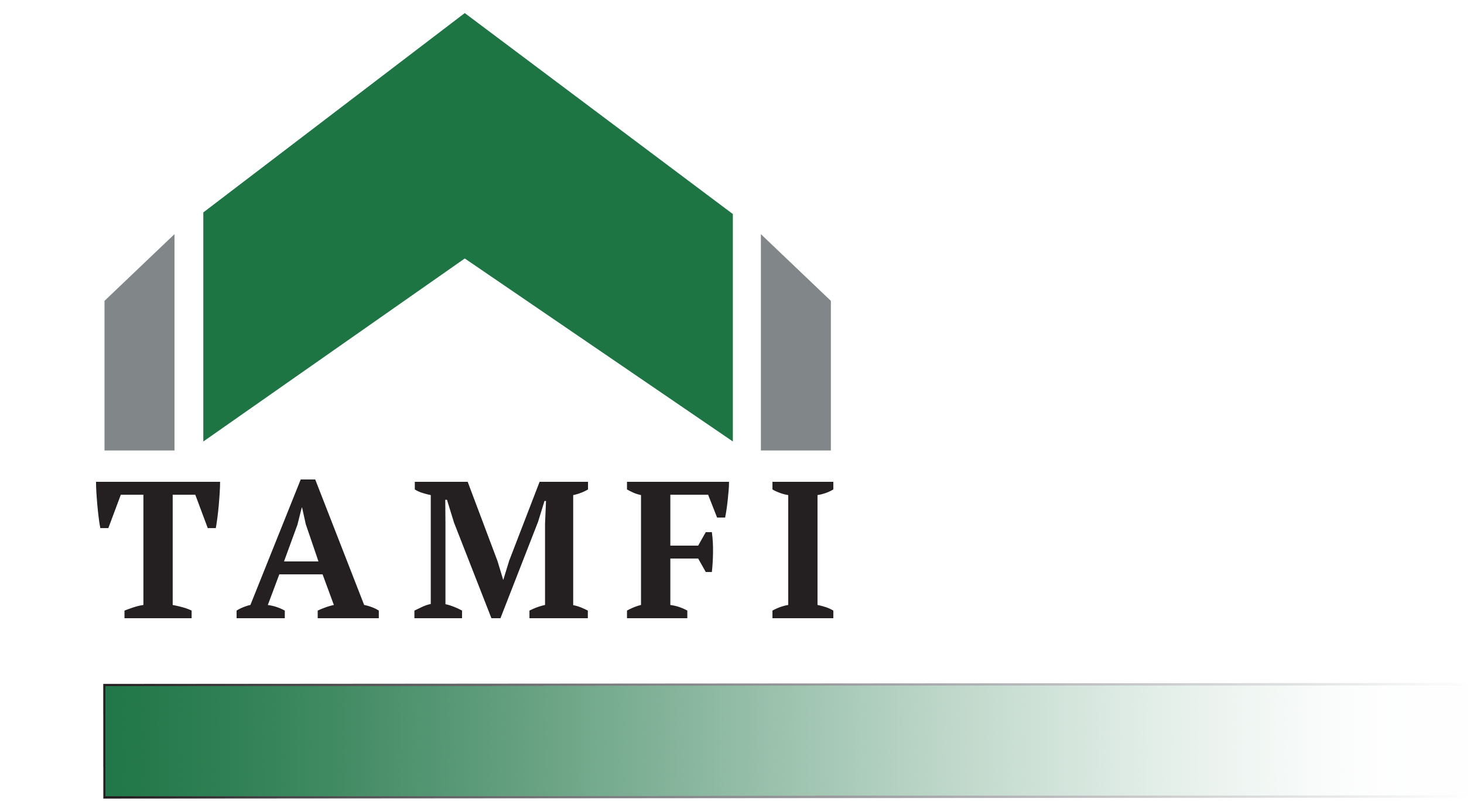Dar es Salaam, 11 August 2025 — In a decisive move that will redefine the governance of Tanzania’s microfinance industry, the Bank of Tanzania (BoT) has officially recognised the Tanzania Association of Microfinance Institutions (TAMFI)—together with the Tanzania Microfinance Institutions Union (TAMIU)—as Guided Self-Regulatory Institutions (GSRIs).
This historic designation represents a transformational shift from a purely centralised supervisory model to a collaborative, industry-led regulatory framework, signalling a new era of trust, accountability, and innovation in financial inclusion.
A New Era of Participatory Regulation
Under the GSRI model:
- Mandatory Membership: All Tier II microfinance providers—including Savings and Credit Co-operatives (SACCOs), Non-Deposit Taking Microfinance Institutions, and Community-Based Financial Organisations—must register with TAMFI or TAMIU within six months.
- Binding Compliance Agreements: Registered members will operate under strict self-regulation protocols, with TAMFI enforcing adherence to ethical standards, market conduct rules, and dispute resolution mechanisms.
- Strategic Division of Roles: While the BoT retains critical responsibilities—licensing, high-level supervision, and systemic oversight—it will leverage TAMFI’s extensive grassroots reach to strengthen governance, transparency, and consumer protection at scale.
Leadership Endorsement
BoT Governor Emmanuel Tutuba described the move as “a powerful demonstration of shared responsibility—where regulators and industry leaders work hand-in-hand to build a transparent, trustworthy, and user-friendly microfinance ecosystem that reaches every Tanzanian, from the cities to the most remote villages.”
Why This Is a Game-Changer
1. Elevating Trust and Credibility
TAMFI’s transition from an advocacy body to an enforcement authority solidifies its role as a credible regulator, boosting confidence among borrowers, investors, and development partners.
2. Harnessing Peer Pressure for Compliance
Peer-driven oversight enables faster resolution of sector issues, stronger adherence to ethical norms, and a regulatory culture that is proactive rather than reactive.
3. Expanding Financial Inclusion
Decentralised governance allows for more targeted outreach, ensuring rural entrepreneurs, smallholder farmers, and informal-sector businesses—often excluded from traditional banking—can access fair, affordable, and reliable financial services.
4. Catalysing Digital and Sustainable Growth
With its track record in digital transformation projects, sector capacity building, and a well-established Code of Conduct, TAMFI is positioned to lead in embedding technology, sustainability, and climate-conscious finance into the sector’s DNA.
The Road Ahead
As a GSRI, TAMFI will focus on:
- Digital Transformation: Rolling out sector-wide digital platforms to improve efficiency, reporting, and customer service.
- Capacity Development: Strengthening the capabilities of Tier II institutions through targeted training, governance support, and operational upgrades.
- Data Transparency: Establishing stronger reporting standards to boost investor confidence and policy decision-making.
- Innovative Regulatory Architecture: Balancing strong oversight with industry-led stewardship, ensuring regulation is both robust and adaptable to market realities.
A Turning Point for the Sector
This milestone cements TAMFI’s position at the heart of Tanzania’s financial inclusion agenda. By combining the authority of the BoT with the sector intelligence and peer influence of TAMFI, Tanzania is pioneering a blended regulatory model that could serve as a blueprint for other emerging markets.
Bottom line: The future of microfinance in Tanzania is collaborative, transparent, and innovation-driven—and TAMFI is ready to lead that transformation.

